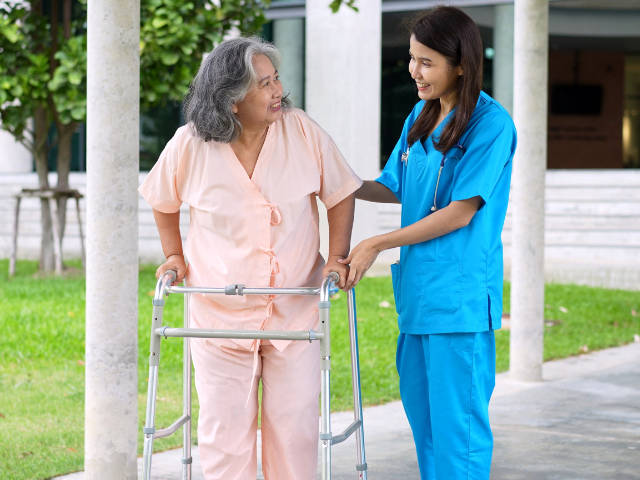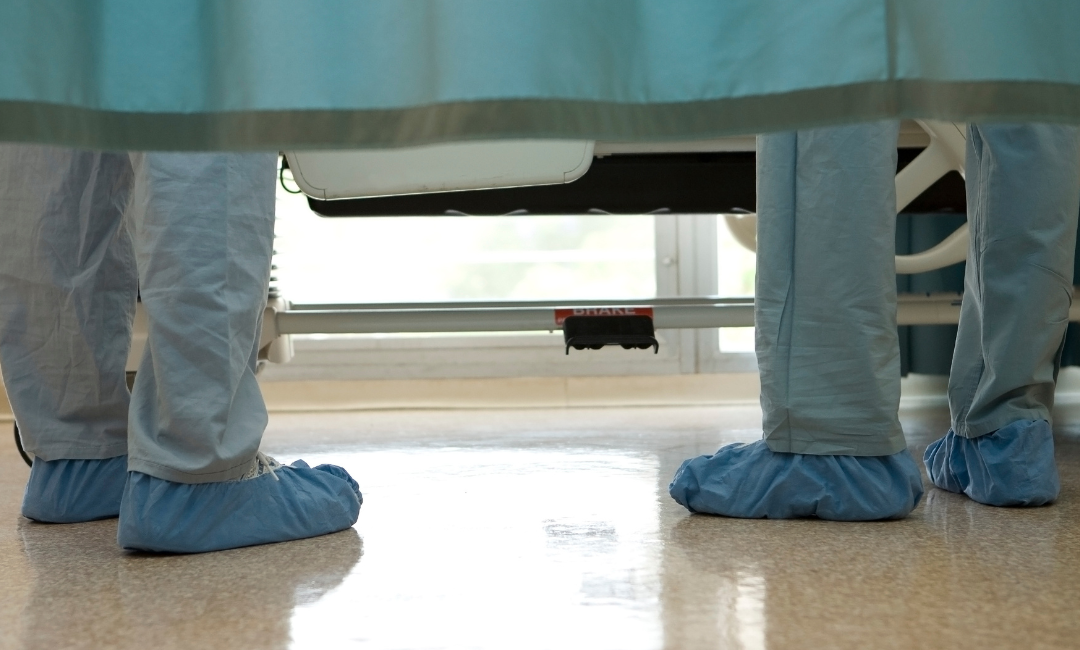How Long-Term Acute Care Nurses Help Keeps Residents Out of the Hospital
Encourage Healthy Eating
It’s important for the elderly to get the vitamins and energy necessary for daily living. Nurses should ensure the elderly resident receives a variety of fruits and vegetables with their meals and that they are eating more than 50% of each meal. Ensuring they get the proper nutrition will assist them in maintaining their health and managing any chronic health conditions they may have.
Management of Chronic Disease
Nurses should also ensure elderly residents take all prescribed medications and monitor the response to these treatments. If any medications are not working well for the resident, the physician should be notified, and treatment should be adjusted. Resident education on what to do if they feel unwell is also beneficial.
Exercise and Therapy Programs
The elderly need to keep as active a lifestyle as possible. Many residents may already have a physical therapy program as part of their care plan. Another way to help elderly residents stay active is to offer walks outside and encourage outings with resident family members.
Mental Acuity
Exercising the brain is just as important as exercising the body. Elderly residents should have access to various activities that help support memory and cognitive health. Playing bingo and chess or completing word finds and other puzzles all help to stimulate the brain.
Encourage Social Lifestyles
Often, elderly residents can feel isolated and lonely. This is especially true for those whose family members who live farther away and are not able to visit often. Some elderly residents spend much of their day without speaking to anyone, and this can lead to depression. Nurses should evaluate the resident’s social interactions and how often they try to engage with others.
Several groups and activities are available to support the elderly resident but often the elderly person is unaware of these options. Nurses will likely be the ones to help connect a resident with resources and ensure they’re getting the social interaction they need for their mental health.
Preparation for Cold Seasons
Cold weather increases the likelihood of elderly residents being admitted to the hospital. The flu virus and pneumonia are most common in colder months, and it’s important to ensure elderly residents receive the flu and pneumonia vaccines. Since the immune system weakens with aging, getting these vaccinations will reduce the risk of contracting either the flu or pneumonia and reduce the chance of being admitted to the hospital.









